All resources on this site are contributed by netizens or reprinted by major download sites. Please check the integrity of the software yourself! All resources on this site are for learning reference only. Please do not use them for commercial purposes. Otherwise, you will be responsible for all consequences! If there is any infringement, please contact us to delete it. Contact information: admin@php.cn
Related Article
 Demystifying Design Patterns
Demystifying Design Patterns03Nov2024
So the AI era is here, the huge leap forward that, at the moment, spits Node code with const fetch = require('node-fetch') ? (true for both ChatGPT and Gemini as of today) and feeds yet another spin of the cyclic machine that is Internet and its cont
 PHP Design Patterns: Facade
PHP Design Patterns: Facade22Oct2024
The Facade Design Pattern is a structural pattern that provides a simplified interface to a complex set of classes, libraries, or subsystems. It is used to hide the complexity of systems and offer a more user-friendly and easy-to-use interface for cl
 Schema Design Patterns For MongoDB
Schema Design Patterns For MongoDB28Dec2024
1. Polymorphic Pattern: Concept: Stores documents with different structures within the same collection. A common field identifies the document type. Use Case: When you have related data that shares some common fields but also has distinct field
 PHP Design Patterns: Page Controller
PHP Design Patterns: Page Controller28Dec2024
The Page Controller design pattern is a common architectural approach used in web-based systems. It organizes the flow of control by dedicating a specific controller to handle the logic for an individual page or request. This approach helps isolate r
 Go Design Patterns #Abstract Factory
Go Design Patterns #Abstract Factory23Oct2024
Abstract Factory is a creational design pattern that lets you create related objects without specifying their concrete classes. Problem Statement Imagine you are developing a GUI toolkit that should support multiple look-and-feel standard
 Modular Design Patterns in JavaScript
Modular Design Patterns in JavaScript25Feb2025
Core points Member type understanding: Master the differences between public, private, privileged and protected members in JavaScript, which provide different levels of access and security for attributes and methods within the module respectively. Module Mode Variants: Understand the nuances between basic module modes and revealing module modes, which provide a consistent internal coding style and flexible control of the disclosure. Use of privileged members: Use privileged members to safely expose private variables through public methods, allowing controlled access while maintaining encapsulation. Protect member policy: Enable protection in JavaScript by temporarily exposing data within a controlled scope and then reverting to private data, thus sharing data between multiple modules without external access


Hot Tools
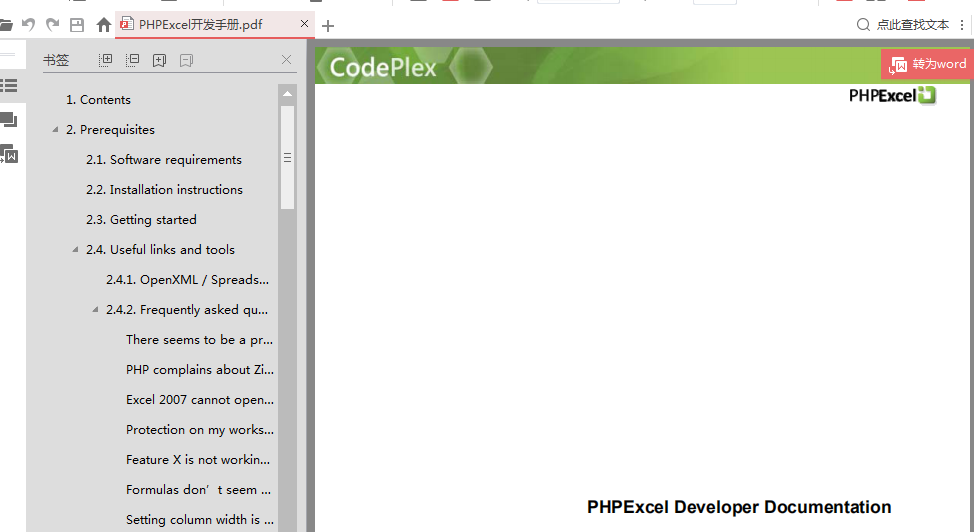
PHPExcel Development Manual
PHPExcel Development Reference Manual
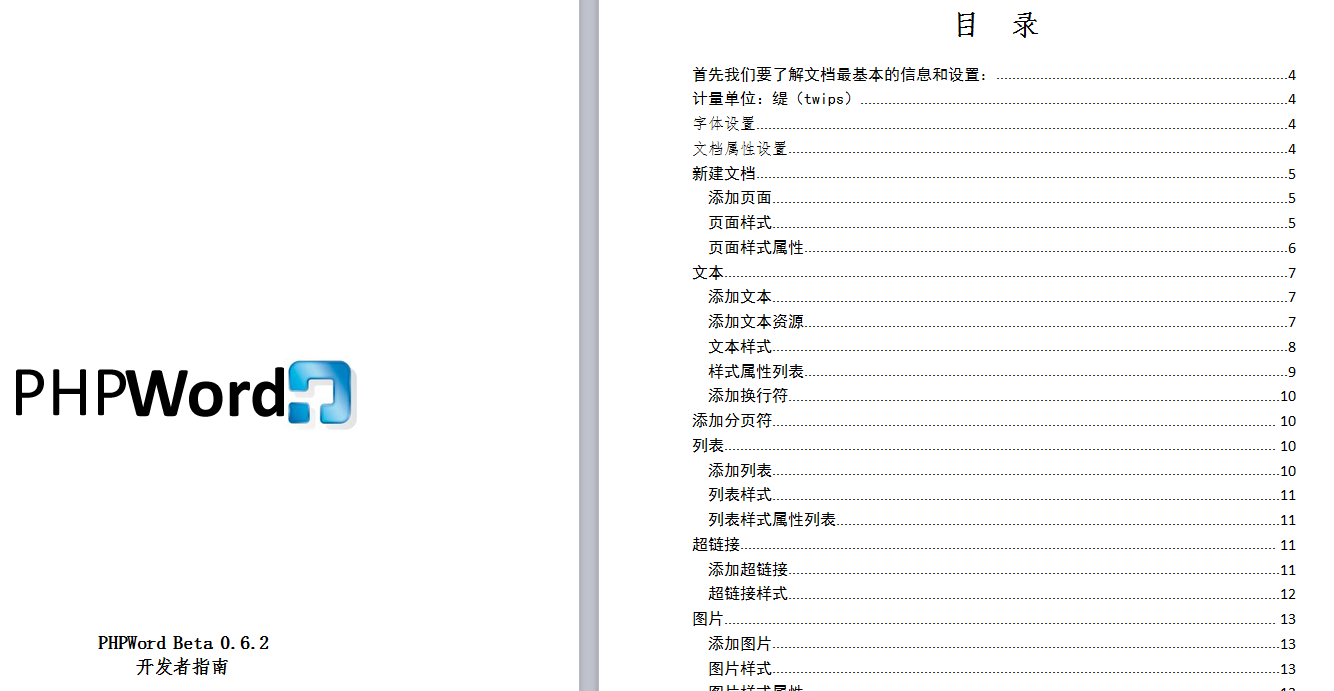
PHPWord Chinese User Manual
PHPWord Chinese Reference Manual
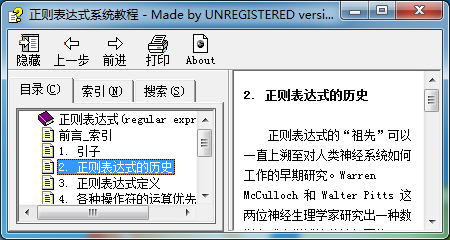
Regular Expressions Manual
Regular expression manual download
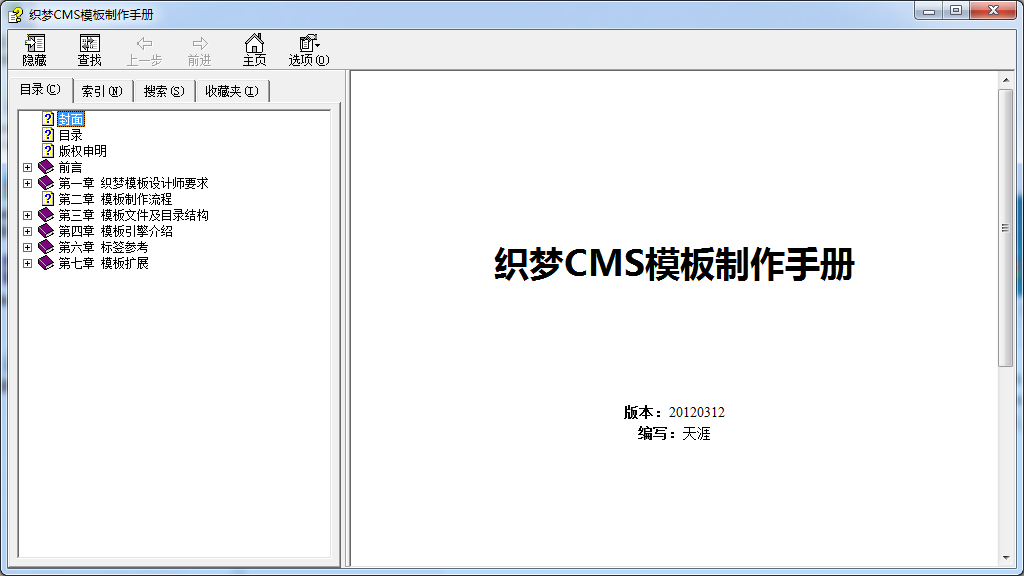
dedecms_5.7 Development Manual
DedeCMS V.5.7 manual download
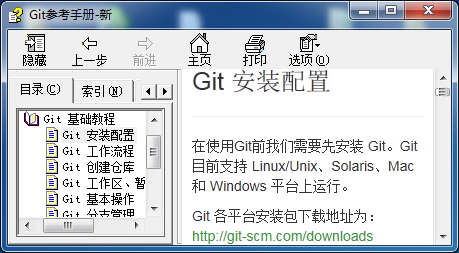
Git reference manual
Git reference manual download




